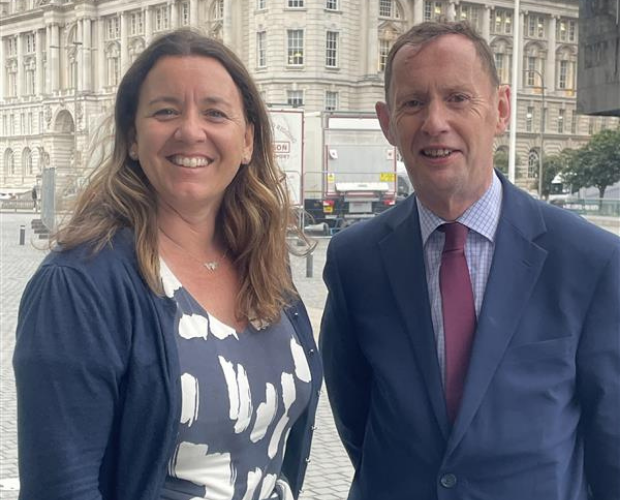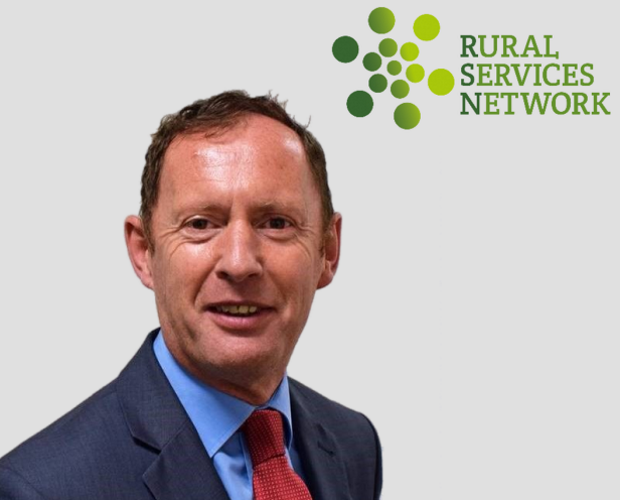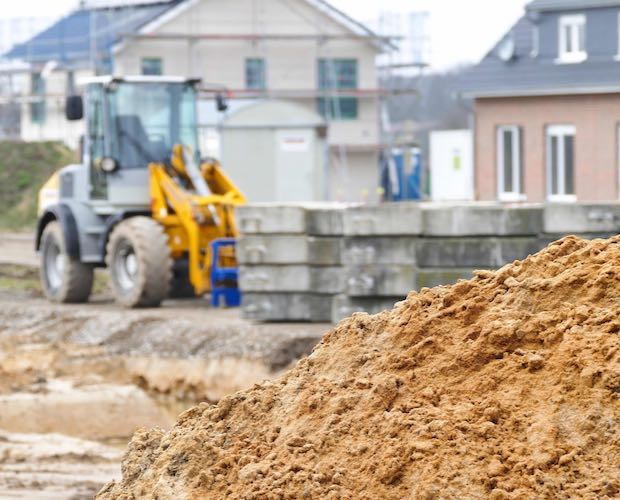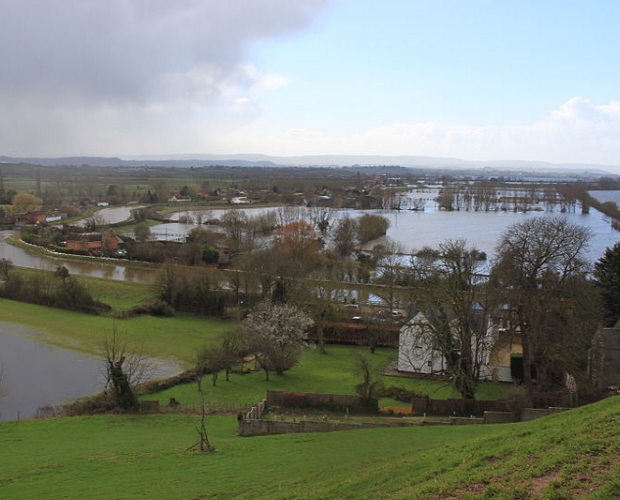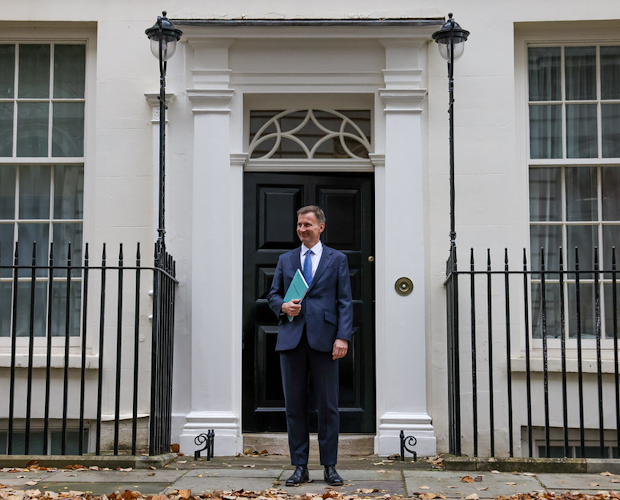T: 01822 851370 E: [email protected]
Visit RSN Survey about life in rural England to find out more.
RSN Blog
7 hours… that’s how long it took our Chief Executive Kerry Booth to get to the Labour Party Conference last week on the train, from rural Devon to bustling Liverpool, giving the feeling that the ‘place to be’ where policy...
As we recover from the excitement of Liverpool and the LGA Conference last week, it’s time to reflect on the themes we saw emerging across the three days of discussion, networking and an ever increasing step count! Overall, I would...
Social Mobility, An Opinion Piece by Kerry Booth, Chief Executive of the Rural Services Network Should Where You Are Born Limit Your Potential? In a report recently published by The Sutton Trust on Social Mobility, it identified that 42 of...
We're delighted to share that RSN has been featured in the latest edition of LG First Magazine! You can read Councillor Roger Phillips' insights on building momentum for rural prosperity and the outcomes of this year’s National Rural Conference below....
In the lead-up to this week's General Election, the future direction of rural policy is a topic of critical importance. Recently, our Chief Executive, Kerry Booth, contributed an insightful article to LocalGov's essay series, "NextGov," focusing on what rural councils...
In the tranquil settings of rural Britain, there exists a significant challenge that often goes unnoticed—digital connectivity. Ensuring equitable digital access across all areas is a pressing issue, affecting the day-to-day lives and long-term opportunities for those living in the...
This essay forms part of a collection of essays, Building consent: housing by popular demand published by Localis. Kerry Booth, Chief Executive Rural Services Network In July 2023, the Prime Minister Rishi Sunak made an announcement about the Conservative party...
Recently, Kerry Booth, Chief Executive of the Rural Services Network, delivered a compelling op-ed in the Daily Express Newspaper. Highlighting the 'Winning The Rural Vote' campaign and asserting the crucial role of rural communities in Britain's prosperity. With a call...
The last week saw significant amounts of rainfall in a short period of time, leading to significant flooding in areas across the country. The BBC reported on the story which detailed over 250 flood warnings in place with many forced...
It’s been nearly a week since the Chancellor delivered his Autumn Statement and RSN Chief Executive Kerry Booth and her team have been digesting what it means for rural communities and the organisations that serve them. There were 6,366 words...
NEWSLETTER
Sign up to receive all our latest news and updates.
HOT TOPICS
Amid reduced public spending, fair resource allocation across regions is crucial. Despite a population larger than Greater London, rural areas receive significantly less funding for essential services, even though delivering these services in rural areas is more expensive.
Economic growth is widely acknowledged as essential for national wealth and prosperity and is a priority for political parties. Rural economies, employing millions and home to a higher proportion of small businesses, have potential for growth if barriers are removed.
Rural residents face distinct healthcare challenges, including limited access to transport, longer distances to medical facilities, an aging demographic, housing inadequacies, digital connectivity gaps, and difficulties recruiting health and care workers.
Rural communities are grappling with a severe affordable housing crisis, marked by high house prices, a lack of affordable housing, elevated living costs, and lower incomes, threatening their sustainability and vitality.
Transport is vital for the quality of life and economic health of rural areas, yet it faces challenges such as infrequent public bus services and less Government funding compared to urban regions.
Rural areas, encompassing a substantial portion of England's population and land, play a pivotal role in combating climate change and achieving the net zero target.
In an increasingly digital world, the lack of robust digital infrastructure in rural areas severely limits access to crucial services and stifles economic growth.
A future-focused vision for rural communities involves not just building the right homes in the right places but also ensuring thriving, sustainable communities.
SIGN UP TO OUR NEWSLETTER
Sign up to our newsletter to receive all the latest news and updates.


